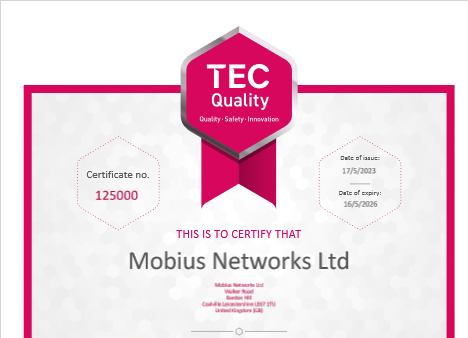Cost of ownership – the profile
In the internet there is an idea that access should be ubiquitous and fair. For some reason the same thought process seems to be expected of the Mobile Operators which is odd when you think about it. These are commercial private networks that we buy access to. Why would that access be fair? It is difficult to think of another system that doesn’t offer a hierarchy of service and costs and nobody would think twice about it. Rightly or wrongly that’s just the way the world works.
There are three main groups of profiles in Mobile; Voice, Mobile Broadband (MBB) and Machine to Machine (M2M).
Voice is the one we all understand. It is almost certainly the one you would have in your phone. Because the networks have a very good picture of what a consumer does with her phone it well supported and very cost competitive. Problems arise when a Voice SIM is used in a Machine-to-Machine application. For example, the network may automatically disconnect a SIM if it hasn’t made a voice call in three months. This may seem a reasonable threshold in a consumer application but if the unit is in a payment terminal, then it will never make a call. The remote units all drop offline and nobody can tell you why.
Mobile Broadband would seem the obvious solution to this as it is clearly only intended to send data. But the networks are expecting this to be in a USB dongle used in a café to check the news and your emails. As a result, MBB have a ‘fair usage policy’ which means that your content is filtered and compressed creating lag, lost data and possible rejection. It also means that if you are trying to maintain a 24/7 connection that may put you in breach of the profile. That means that the network can force you off network because you are in breach of your profile. If you do manage to stay on with a MBB SIM, you then you then might find that ‘Throttling’ comes in to play. Which is that even if you are the only one connected to that mast at 2 in the morning you still only get 56kbps because that’s all your profile will allow you to do.
Proper M2M SIMs then don’t have voice flags, filtering, compression, hard limits or throttling. That comes at a price literally. The networks know that you want to stay on all the time, to send or receive uncompressed data and to send data as fast at the end of the month as at the beginning. That means an M2M SIM will use up more network resources than a Voice profile or even an MBB. The networks charge for that use.
Which is why a lot of resellers either knowing or not still sell MBB or even Voice for a M2M application. It cuts the ticket price they know the customer will buy on.
Buying the wrong profile SIM drives up the cost of ownership as you try and unpick why the system isn’t working this time. And fault finding, if you’re not in a fully resourced M2M system, can very time consuming and frustrating. Which all adds to the cost of ownership.
Written by

Douglas Gilmour
Douglas formed Mobius in 2003 after twenty years’ experience in the Semiconductor industry. He was driven by the idea that airtime could be better and more secure.


